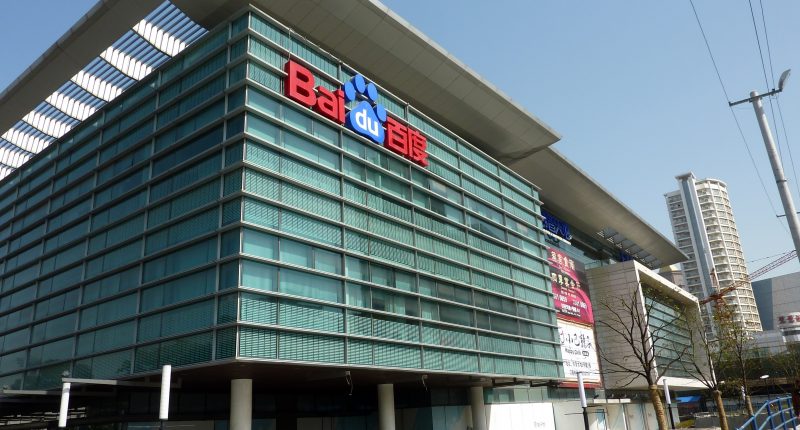The days of flying cars may not be here yet, but driverless cars are already here. While Elon Musk and Tesla might be the first names that come to mind when one thinks of driverless cars, other players have entered the arena as well. Chinese technology powerhouse Baidu, which is best known for its search engines, created history by becoming the first company to commercialize autonomous driving operations in China after the launch of Apollo Go, its driverless taxi service in Beijing’s Shougang Park, where users will be able to hail a robotaxi without a safety driver at the vehicle’s controls.
Shougang Park also happens to be one of the venues for the 2022 Beijing Winter Olympics, and Apollo Go would be transporting visitors to the games. The Apollo Go mobile app will enable users to locate and hail a nearby robotaxi through a system of unmanned, self-service processes. Baidu said that virtual reality navigation and remote honking helped users identify the location of the robotaxi. The vehicle can be unlocked by a QR scan and health code on the car for identity verification and safety measures, and after the users are inside, they can tap the “start the journey” button. A 5G Remote Driving Service will also be present at all times to allow human operators to remotely access the vehicles in the case of exceptional emergencies.
Baidu has been testing the Apollo Go driverless taxi service for quite some time and has carried more than 210,000 passengers in three cities across China.
Currently, up to 10 Apollo Go robotaxis are operating simultaneously in an area of about 1.2 square miles, picking up and dropping off passengers at eight stops in Shougang Park in western Beijing. Each ride costs 30 yuan ($4.60) and takes passengers ages 18 to 60. Apollo Go aims to expand to 30 cities in the next three years.
“In the future, Baidu Apollo will launch driverless Robotaxis in more cities, enabling the public to access a greener, low-carbon and convenient travel services, while continuing to improve the unmanned service process and user experience,” said Yunpeng Wang, VP & GM, Autonomous Driving Technology, Baidu, in a statement.
“Introducing unmanned services is an indispensable stage for the commercialization of autonomous driving. We have opened the fully driverless robotaxi service in Beijing for the public, which we achieved only after conducting countless scalable driverless tests in many cities over a long period of time,” he said, adding that the commercialization of autonomous driving could alleviate congestion effectively and help to reach the peak carbon dioxide emissions and achieve carbon neutrality in China.
The Tech Portal is published by Blue Box Media Private Limited. Our investors have no influence over our reporting. Read our full Ownership and Funding Disclosure →






